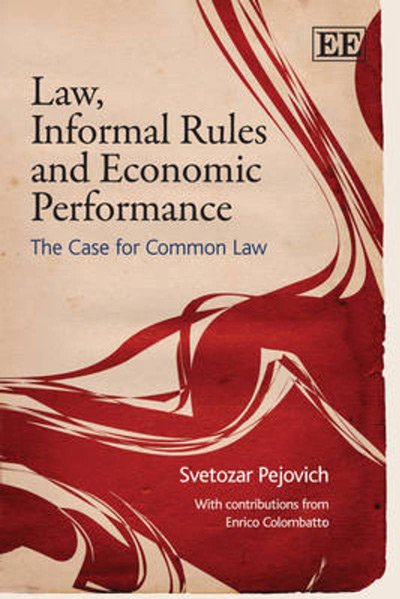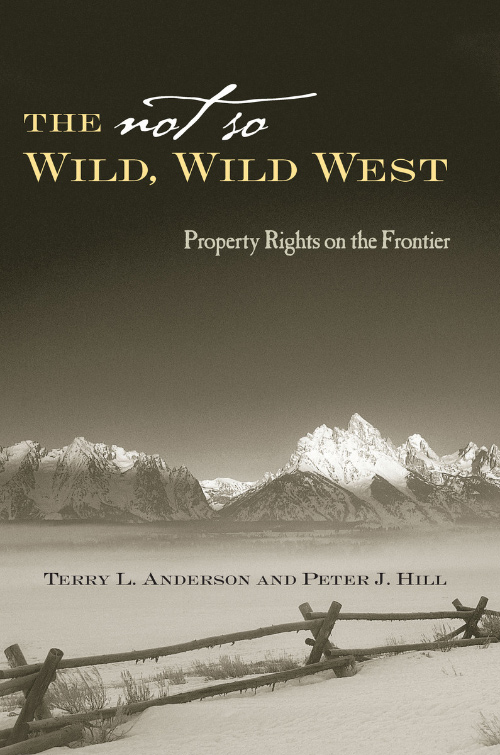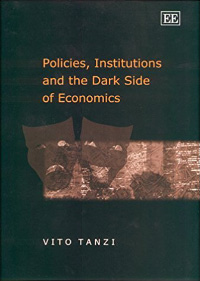Lee J. Alston is the Ostrom Chair and Professor of Economics and Director of the Vincent and Elinor Ostrom Workshop in Political Theory and Policy Analysis at Indiana University, and Research Associate at the National Bureau of Economic Research. He is President of the Economic History Association, and he has been President of the International Society for the New Institutional Economics and a member of the Board of Editors for the Journal of Economic History and Explorations in Economic History; the Review Panel for the Economics Program at the National Science Foundation; and the Board of Advisors for the Center on Peace and Liberty at the Independent Institute.

Professor Alston received his Ph.D. in economics from the University of Washington, and he has been Professor of Economics and Environmental Studies and Director of the Institutions Program in the Institute of Behavioral Science at the University of Colorado; Associate Professor of Economics at Williams College; and Professor of Economics, Political Science and the Institute for Government and Public Affairs at the University of Illinois, where he was Director of the Center for International Business Education and Research. He has also been a Professor at the U.S. Business School in Prague and a Visiting Professor at the: University of Washington; University of California-Davis; Australian National University; Stockholm School of Economics; and University of Paris I -The Sorbonne. He is an Affiliated Faculty Member of the Research Group on Political Institutions and Economic Policy at Harvard University.
His articles and reviews have appeared in numerous scholarly journals and his books include Paternalism and the American Welfare State: Economics, Politics, and Institutions in the U.S. South, 1865-1965; Titles, Conflict, and Land Use: The Development of Property Rights and Land Reform on the Brazilian Amazon Frontier; Empirical Studies in Institutional Change; Australia's Greatest Asset: Human Resources in the Nineteenth and Twentieth Centuries; and Costs of Contracting and the Decline of Tenancy in the South, 1930-1960.










